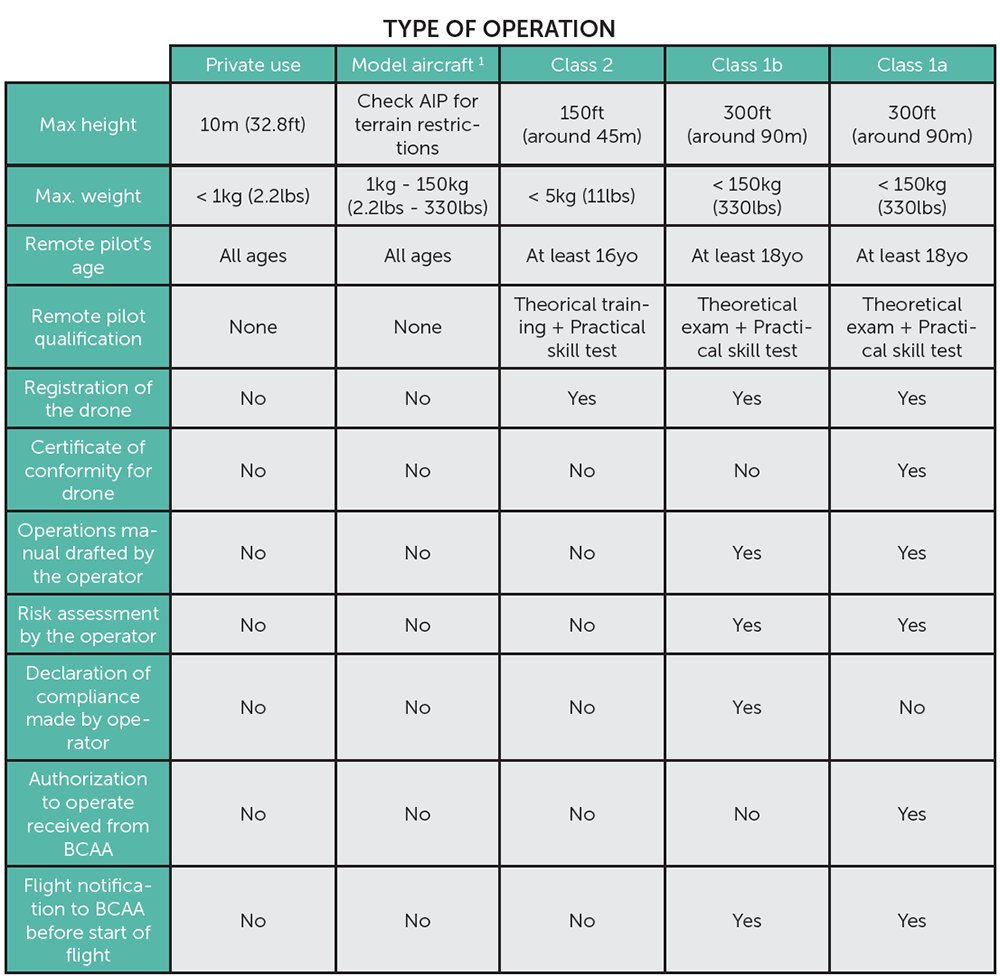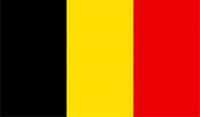Drone Laws in Belgium
Drone regulations and links for people flying drones in Belgium.
 Belgium Drone Regulations
Belgium Drone Regulations
According to Belgium’s national aviation and travel authorities, the Federal Public Service Mobility & Transport (FPS) and the Belgian Civil Aviation Authority (BCAA), flying a drone is legal in Belgium, but we recommend being aware of and compliant with the drone regulations listed below before doing so.
Special Travel Considerations
If you’re traveling to Belgium and want to bring your drone it must be registered in the Belgian aviation register. However, if your drone is already registered in another country, you do not need to re-register your drone. You can learn more about requirements for foreigners traveling in Belgium with drones on this FPS webpage.
If you’d like to contact the BCAA directly before you travel with any questions you might have, here is their contact information: bcaa.registration@mobilit.fgov.be / +32 (02) 277.43.07

Why fly a drone in Belgium? To get great aerial shots like these!
General Rules for Flying a Drone Within the European Union
Belgium is a part of the European Union and therefore must abide by the drone regulations put in place by the European Union Aviation Safety Agency (EASA). In addition to these regulations, Belgium also has regulations that are country-specific.
Based on our research and interpretation of the laws, here are the most important rules to know for flying a drone within the European Union.
There are three operational categories that determine drone regulations based on the weight of the drone and the intended operation. This section will only cover the Open Category, to see all European Union laws and categories, click here.
A drone can be operated in the “Open “category if:
- The drone has one of the class identification labels 0, 1, 2, 3, or 4.
- The drone was purchased before 1 January 2023, with no class identification label as above.
- The drone has a maximum take-off mass of less than 25 kg (55 lbs).
- The remote pilot keeps the drone at a safe distance away from people.
- The drone will not be operated directly over people unless it has a class identification label or is lighter than 250 g (0.55 lbs). (Please refer to subcategories of operations: A1, A2, and A3 to find out where you can fly with your drone).
- The remote pilot will maintain a visual line of sight (VLOS) or the remote pilot will be assisted by a UA observer.
- The remote pilot will not operate the drone above 120m (400ft).
- The drone will not carry any dangerous goods and will not drop any material.
General Rules and Licensing Requirements for Flying a Drone in Belgium
Based on our research and interpretation of the laws, Belgium does not have a general set of rules for flying drones but instead has three different classes of operations, with licensing requirements for each class.
Here are the classes of operations, along with the associated licensing requirement.
Class 1a Operations
Definition:
- You want to fly your drone up to 300ft (around 90m) above ground outside
controlled airspace. - You will come closer than 164ft (50m) from people and/or goods on the
ground or even overfly them or you will fly around an obstacle closer than 30m. - Operations can only occur in daylight conditions.
- The drone must weigh less than 330lbs (150kg).
- The pilot must maintain a visual line of sight with the drone at all times.
Licensing Requirements:
For Class 1a Operations you need a remote pilot licence issued by the BCAA. To obtain this licence, you need to pass both a theoretical examination organised by the BCAA and a practical skill test with an examiner recognised by the BCAA.
Class 1b Operations
Definition:
- You want to fly your drone up to 300ft (around 90m) above the ground outside controlled airspace.
- You plan to stay more than 164 feet (50m) from people and/or goods on the ground.
- Operations can only occur in daylight.
- The drone weighs less than 330lbs (150kg).
- The pilot must maintain a visual line of sight with the drone at all times.
Licensing Requirements:
For Class 1b Operations you need a remote pilot licence issued by the BCAA. To obtain this licence, you need to pass both a theoretical examination organised by the BCAA and a practical skill test with an examiner recognised by the BCAA.
Class 2 Operations
Definition:
- You do not want to fly your drone higher than 150ft (around 45m) above the ground outside controlled airspace and outside cities or communities.
- Operations can only occur in daylight.
- The drone must weigh less than 11 lbs (5 k).
- The pilot must maintain a visual line of sight with the drone at all times.
Licensing Requirements:
You need a certificate of competence issued by the BCAA. To obtain this certificate, you need to follow a theoretical course and pass a practical skill test with an examiner recognized by the BCAA.
Here is a chart from the BCAA showing the different requirements for different types of drone operations in Belgium:

For more information on Belgium’s drone laws, see this page on the BCAA website.
Know something we don’t about drone laws in Belgium? Send us an email at support@uavcoach.com. We are not international aviation attorneys and do our best to keep this page up-to-date for drone pilots, but the reality is that given the pace of the small unmanned aerial system (sUAS) industry and how governments are responding, drone regulations in Belgium can change throughout the year, and those changes can be hard to track. If we missed something, please reach out to let us know.
Want to get a feel for the kind of footage you could get flying a drone in Belgium? Here you go:
 Belgium Drone Regulations
Belgium Drone Regulations